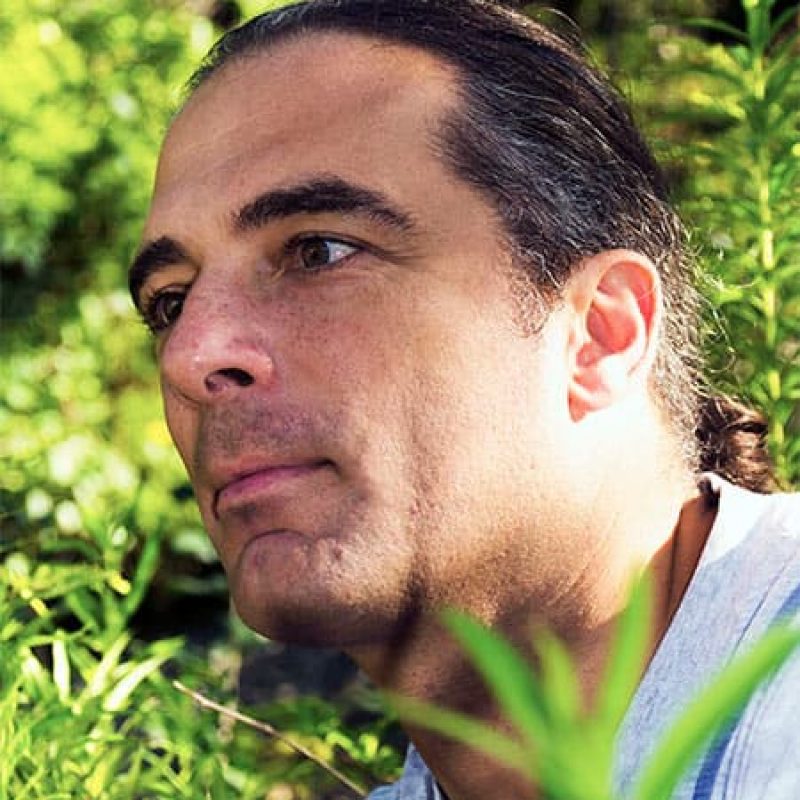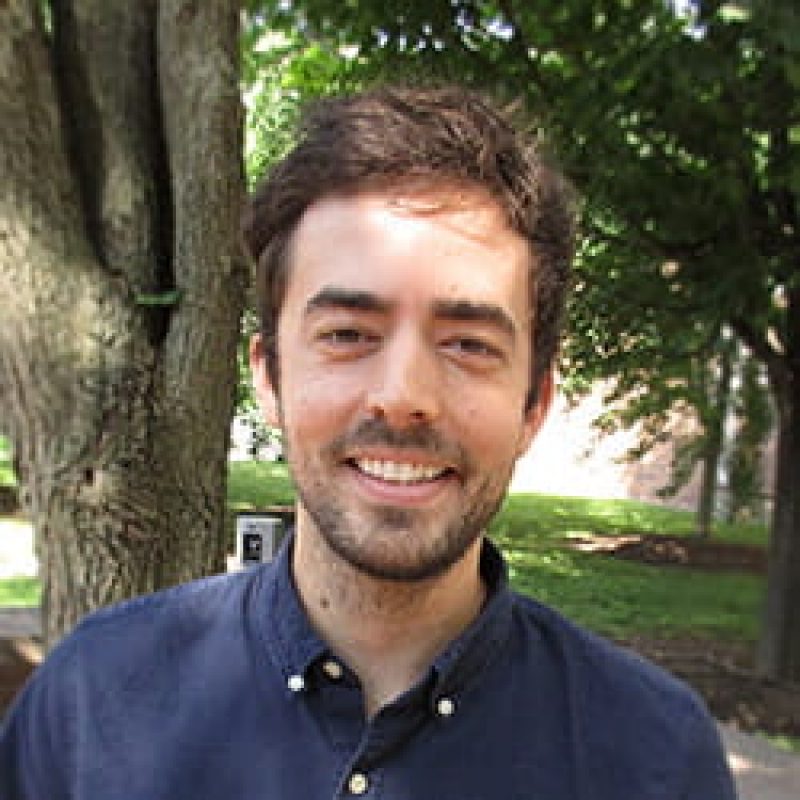Roles:
Faculty
Research Areas:
Animal Hosts, Disease Ecology and Evolution, Microbiota and Microbiomes, Veterinary/Clinical Research, Viruses
Macrophages are susceptible to HIV-1 infection and are resistant to virally-induced cell death. Alveolar macrophages (AM) in particular are known to be extremely long-lived and self-renewing, and have been shown to be both permissive to HIV-1 infection and persist in the face of Anti-Retroviral Therapy (ART) suppression. Indeed, they have been found to express HIV-1 RNA in virally-suppressed individuals. During HIV infection, the human lung becomes hyper-susceptible to Lower Respiratory Tract Infections (LRTIs) such as tuberculosis (TB), the major cause of death of those living with HIV.
To better understand how HIV infection impairs human lung immunity, we use single cell RNA-sequencing (scRNA-seq) approaches to analyze the host transcriptional profiling of macrophage populations from HIV-1 infected individuals who are ART-suppressed and those that are ART-naïve.
This project exploits recent technological advances to address considerable gaps in our appreciation of the significance of the alveolar macrophage as a haven for persistent HIV infection that is resistant to ART, and their role in the impairment of lung immunity.
Read more about Gabrielle Le-Bury










